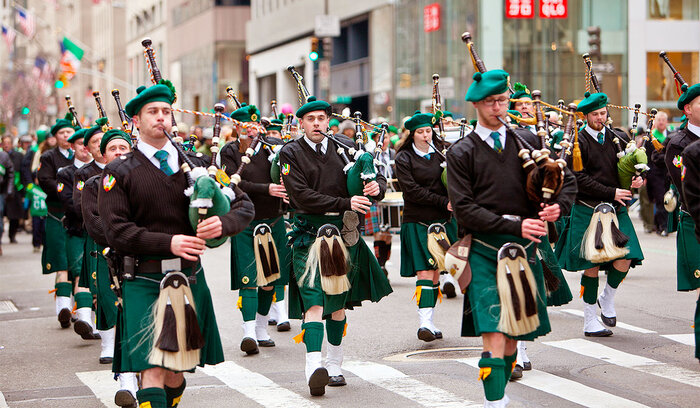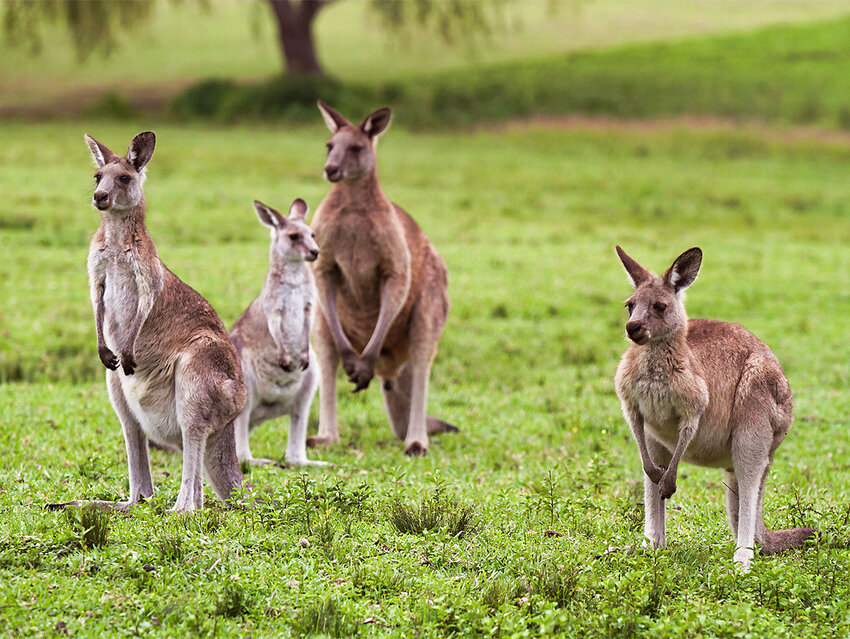
Callithump
[KAL-ə-thəmp]
Part of speech: noun
Origin: American English, 19th century
1.
(U.S.) A somewhat riotous parade, accompanied with the blowing of tin horns and other discordant noises.
Examples of Callithump in a sentence
"The high school football team’s victory parade was the biggest callithump our town had all year."
"The avant garde music on the radio sounded more like a callithump than a symphony."
About Callithump
“Callithump” was likely coined in American English by combining a nonsense sound with the English word “thump,” meaning “a blow,” or “to hit hard.”
Did you Know?
The noun “callithump,” describing a noisy and riotous parade, was formed by merging the nonsense word “calli” with the existing word “thump,” meaning “to wallop.” One example of a callithump is a cacophonous mock-salute to or parade for newlyweds, such as the tradition of tying metal cans to the back of the couple’s car. A callithump can be organized, as in the Midwestern U.S. tradition of a callithump parade (a costumed children’s event with prizes) often held on the Fourth of July, but there is historical context of a callithump (also “calathump,” “cowthump,” and other variations) as an unplanned, chaotic, even riotous event.








